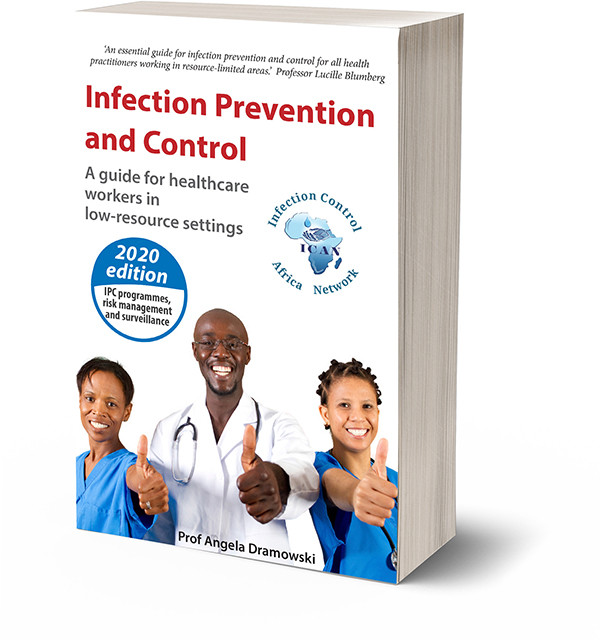Quiz 4: Vaginal bleeding
Please choose the one, most correct answer to each question or statement.
- What is menopause?
- The first menstruation in a young girl
- The first 6 weeks after the birth of an infant
- The end of menstrual periods in an older woman
- Vaginal bleeding sometimes seen in newborn infants
- Monthly menstrual blood loss is abnormal when it is:
- Greater than 20 ml
- Greater than 35 ml
- Greater than 50 ml
- Greater than 80 ml
- Heavy menstrual bleeding can be managed with:
- Folic acid tablets
- A combined oral contraceptive pill
- Vaginal oestrogen cream
- Vitamin K
- Older women with severe menstrual bleeding may need:
- Tubal ligation
- Endometrial ablation
- Cervical cautery
- Cervical suturing
- Heavy menstrual bleeding can cause:
- Anaemia
- Infertility
- Weight loss
- Severe lower abdominal pain
- Bleeding between periods:
- Is not important
- Is common in women who have children
- Is only important if it is very heavy
- May be caused by a serious condition
- Bleeding after intercourse may be a sign of:
- An ectopic pregnancy
- HIV infection
- Cervicitis
- Vaginal moniliasis
- A women with irregular bleeding on the oral contraceptive pill should be:
- Reassured and told that this is normal
- Treated with oral anti-inflammatory drugs
- Asked if she is taking her pills regularly
- Referred to the hospital for a blood transfusion
- What condition may present with post-menopausal vaginal bleeding?
- Cancer of the cervix
- Urinary tract infection
- Uterine prolapse
- Haemorrhoids
- What is amenorrhoea?
- Heavy but regular periods
- Irregular periods
- Scanty periods
- No periods
- Young girls should be referred for investigation if they have not had their first period by:
- 12 years
- 14 years
- 16 years
- 18 years
- What may cause amenorrhoea?
- A copper-containing intra-uterine contraceptive device
- Long term use of a contraceptive injection
- Uterine fibroids
- A sexually transmitted infection
- Women with polycystic ovary syndrome often present with:
- Pregnancy
- Acne and obesity
- Heavy bleeding and weight loss
- Swollen breasts and abdominal bloating
- Excessive exercise may result in:
- Amenorrhoea
- Heavy bleeding
- Dysmenorrhoea
- Post-menopausal bleeding
- What is dysmenorrhea?
- Painful periods
- Heavy, irregular periods
- Prolonged periods
- Vaginal bleeding after intercourse
- Primary dysmenorrhea usually occurs in:
- Young girls before puberty
- Teenagers
- Middle-aged women
- After menopause
- What is a common cause of secondary dysmenorrhea?
- Pregnancy
- Polycystic ovary syndrome
- Vaginitis
- Endometriosis
- What drug can usually be used to treat primary dysmenorrhea?
- Diuretics
- Morphine
- Mefenamic acid
- Erythromycin
- Premenstrual syndrome presents with:
- Hypertension and headache
- Abdominal pain
- Vaginal bleeding
- Emotional and behavior changes
- How common is premenstrual syndrome?
- It occurs in all young women
- Most women have premenstrual syndrome after their first child
- In 50% of women
- In 5% of women

